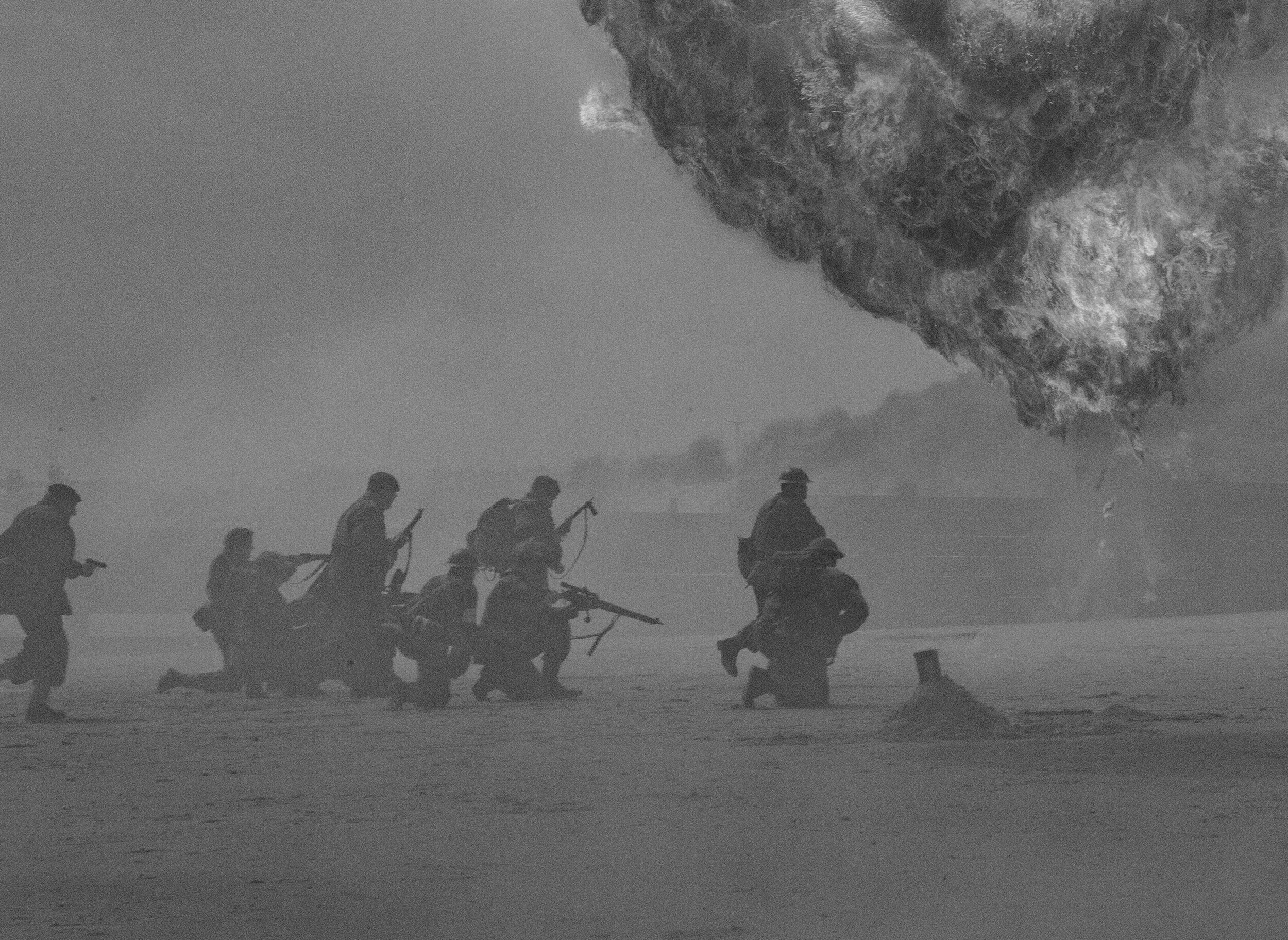
Peace, Conflict and Disarmament.
Building on the existing Peace and Conflict program in Psychology and the Conflict, Violence and Security cluster in Political Science, this research group will draw together scholars from within the Social, Behavioral and Natural Sciences to examines conflict prevention, resolution and mitigation, with an emphasis on how to improve the protection of war affected non-combatants whether through humanitarian disarmament, non-violent resistance, better adherence to the laws of war, or peace-building initiatives.
Afghanistan
Peace & Human Security After US Withdrawal
After the US withdrawal from Afghanistan, Human Security Lab convened a Rapid Working Group of over 25 conflict scholars from around the world, and conducted stakeholder engagement conversations with Afghan intellectuals, conflict NGOs, and think-tanks to examine the possibility of standing up a peacekeeping mission in Afghanistan in the wake of the US withdrawal.
Recent Publications
The Stopping Power of Norms
US Public Opinion and War Law
Charli Carpenter and Alex Montgomery, International Security
Scott Sagan and Benjamin Valentino's landmark survey of U.S. attitudes toward the laws of war found that Americans are relatively insensitive to the targeting of civilian populations and to international norms and taboos against the use of nuclear weapons. Charli Carpenter and Alexander Montgomery replicate a key question in this study and introduce variations into the experiment. The findings are more optimistic than Sagan and Valentino’s: Americans believe strongly that targeting civilians is wrong, and in a real-life scenario, a majority would likely oppose such action.
How Survey Experiments Prime Americans for War Crimes
Charli Carpenter, Alex Montgomery, and Alexandria Nylen, Perspectives on Politics
What affects Americans’ sensitivity to international laws and norms on the use of force? We show that being invited to express a preference regarding war crimes in survey settings has a negative impact on Americans’ understanding of US legal and ethical obligations in war and that reporting previous findings can inflate support for war crimes. We conclude with suggestions for future experimental survey design in international relations and international law.
Modes of Ingroup Identification and Notions of Justice
Hema Preya Sylvanathan and Bernhard Leidner, Journal of Conflict Resolution
People on both sides of an intergroup conflict undertake various forms of collective action to seek justice for their own group. Three studies investigated whether modes of ingroup identification promoted distinct preferences for justice, which subsequently shaped the form of collective action people supported. This research advances our understanding of when and how collective action can escalate intergroup conflict.
Global and Human Security Workshop, 2nd Thursdays, 1:00-2:30p
This workshop aims to bring together those at UMass Amherst and in the wider Five Colleges community working in the areas of human security and global affairs, with an emphasis on science in the service of the global public good.
War and Peace Lab
In the War and Peace Lab, housed in the Psychology of Peace and Violence Program in the Department of Psychological and Brain Sciences at UMass Amherst, we develop a scientific understanding of conflict and peacebuilding by studying the psychological processes underlying human violence, and leverage this understanding to create and evaluate interventions that facilitate improved intergroup relations.

Humanitarian Disarmament
Ongoing research at University of Massachusetts focuses on efforts by the international community to ban or regulate weapons of war - whether drones, cluster munitions or nuclear weapons - in the service of a more peaceful world.





